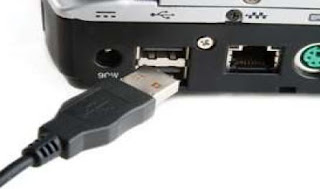POKA- YOKE
HISTORY OF POKA-YOKE
- The term Poka-yoke was applied by Shigeo Shingo in the 1960s to industrial processes designed to prevent human errors.
- POKA-YOKE is a Japanese term that means "mistake-proofing" or error-proofing.
- A Poka-yoke is any mechanism in a lean manufacturing process that helps an equipment operator avoid (yoke) mistakes (Poka).
- Poka-Yoke or Mistake proofing is a simple technique that developed out of the Toyota Production system through Jidoka and Automation. It is normally a simple and often inexpensive device that prevents defects from being made or highlights a defect so that it is not passed to the next operation
- Mistake proofing is the activity of awareness, detection, and prevention of mistakes that adversely affect.
- our customer
- our consumer
- our employees
- and it Increases waste
Awareness
Having the forethought that mistake can be done communicating the potential to shop floor, and planning the design of the product or process to detect it.
Detection
Allowing the mistake to happen but providing some means of detecting it and alerting someone so that we fix it before sending it to the customer.
Prevention
Not allowing the possibility for a mistake to occur in the first place.
Poka-yoke has two types of devices
- Prevention
- Detection
It does not prevent rejection but it alarms or signals.
Example - press heating then cut supply in current
- Error proofing verification summary
- Error proofing devices shall be verified at least once per day.
- Error Proofing device locations shall be documented.
- Reaction Plans to failures shall be developed.
- Verification results shall be recorded.
- Leadership shall review verification results.




Post a Comment